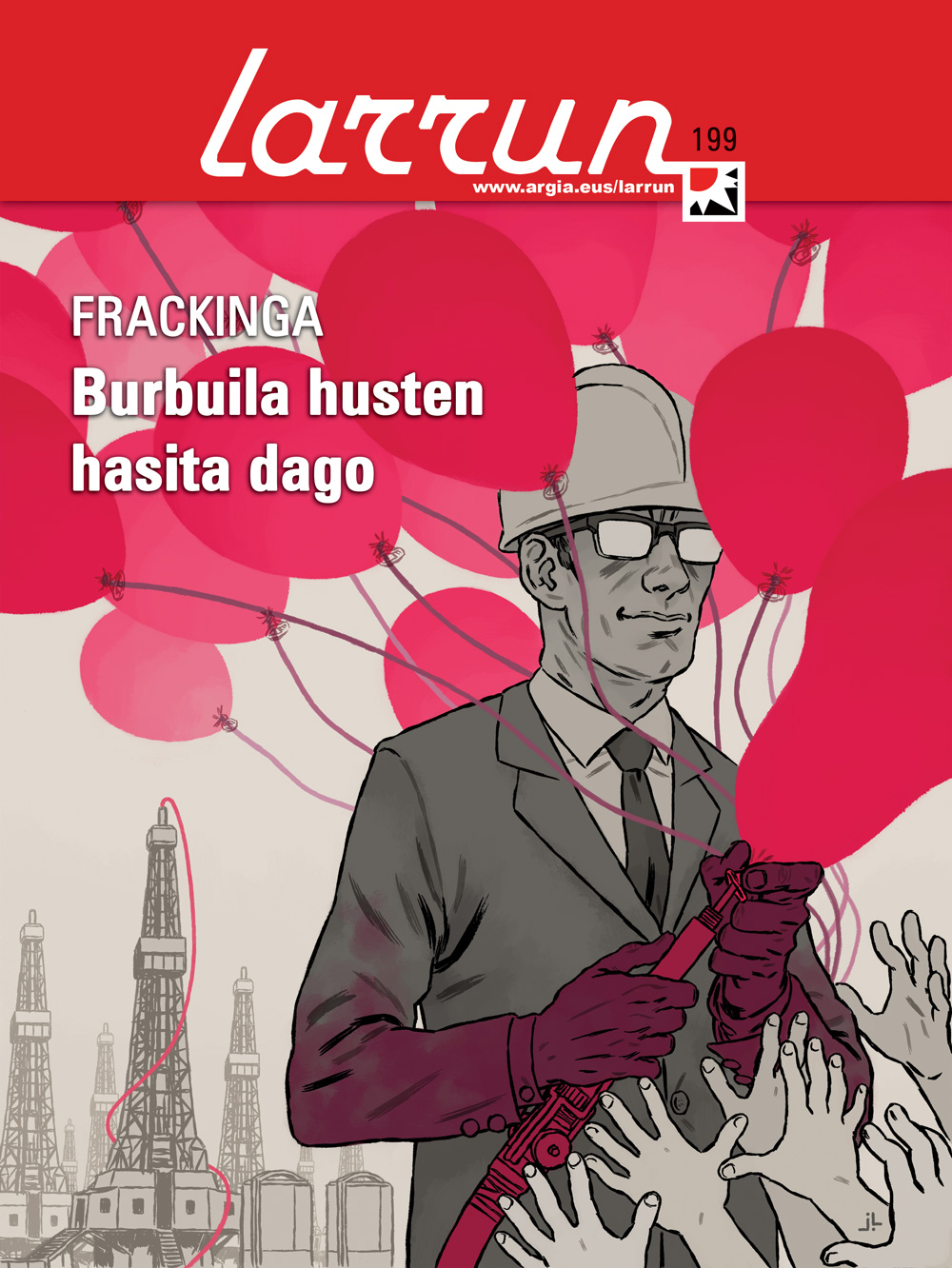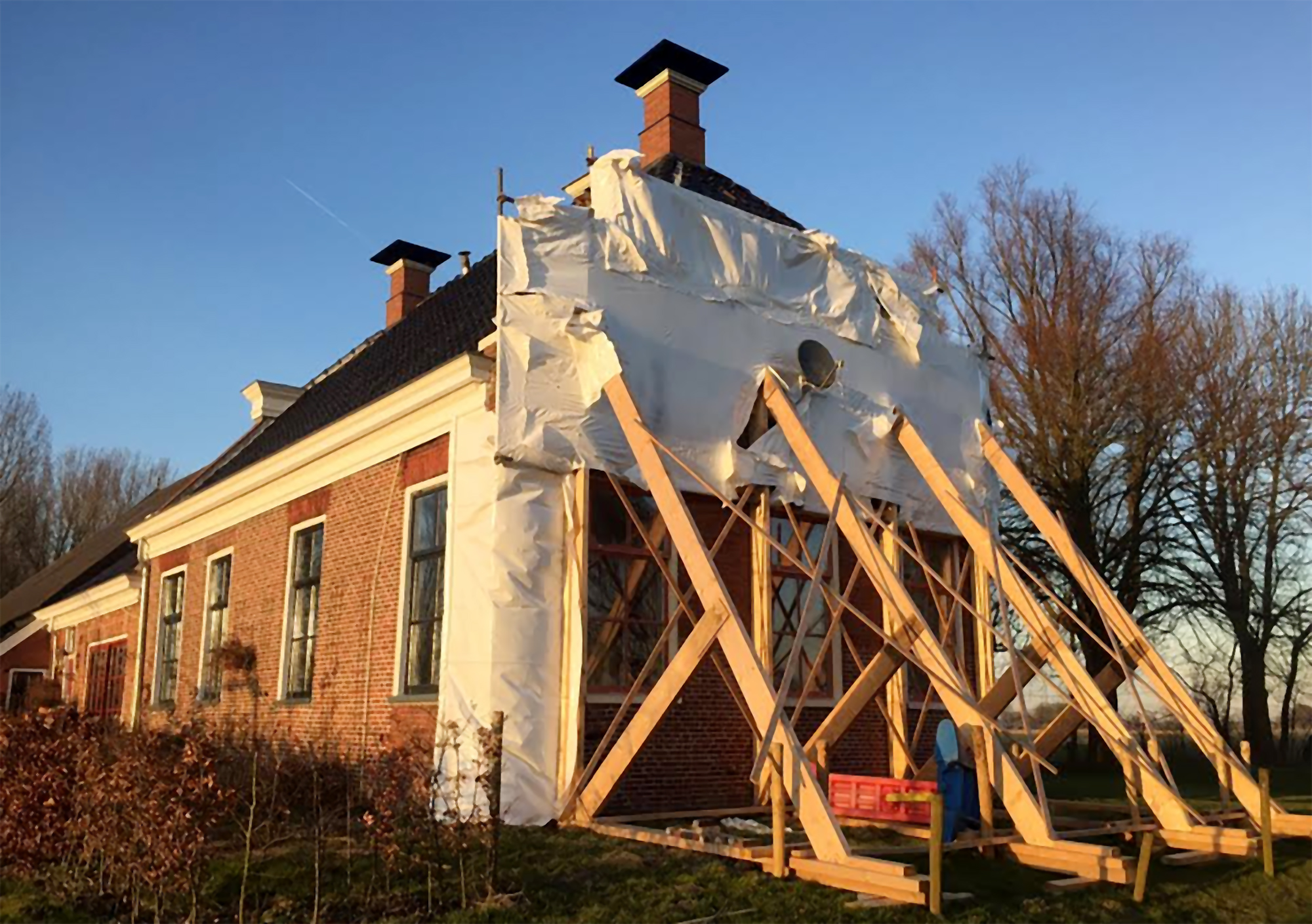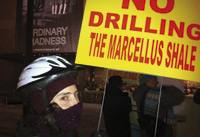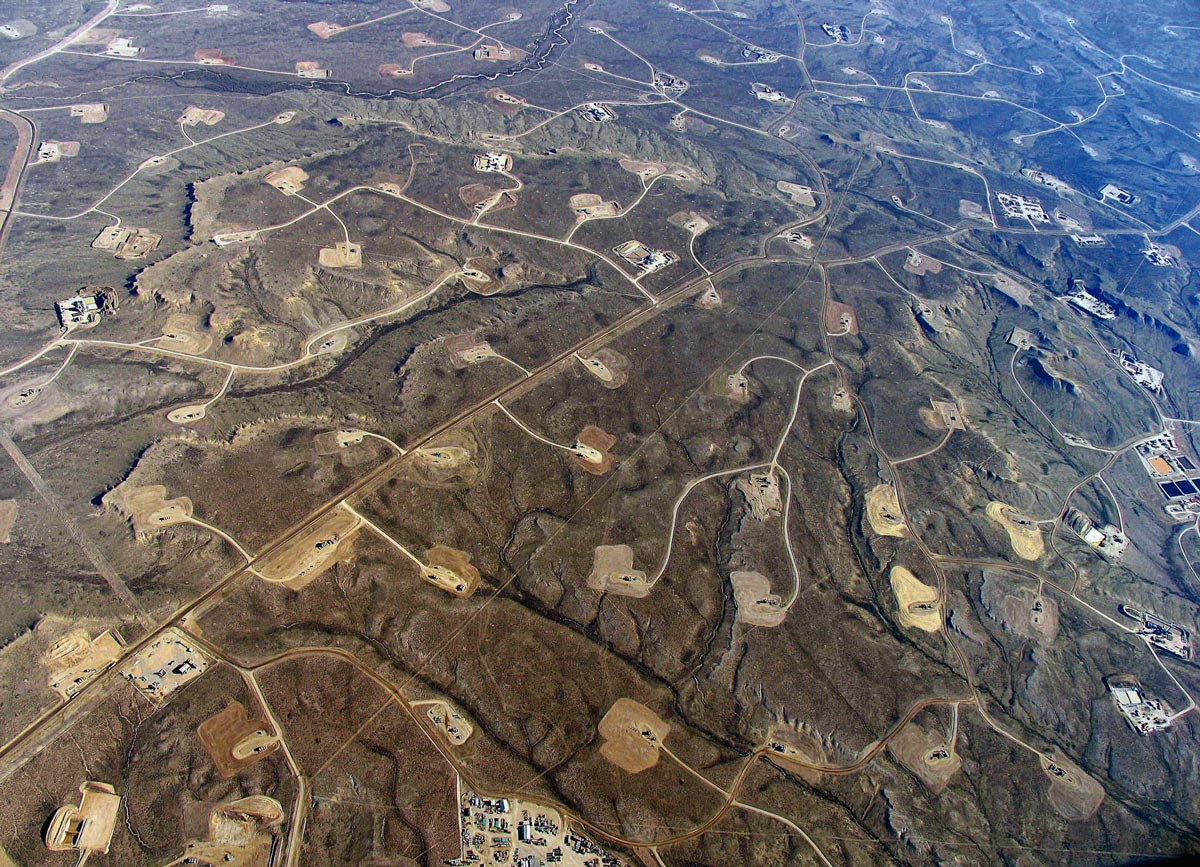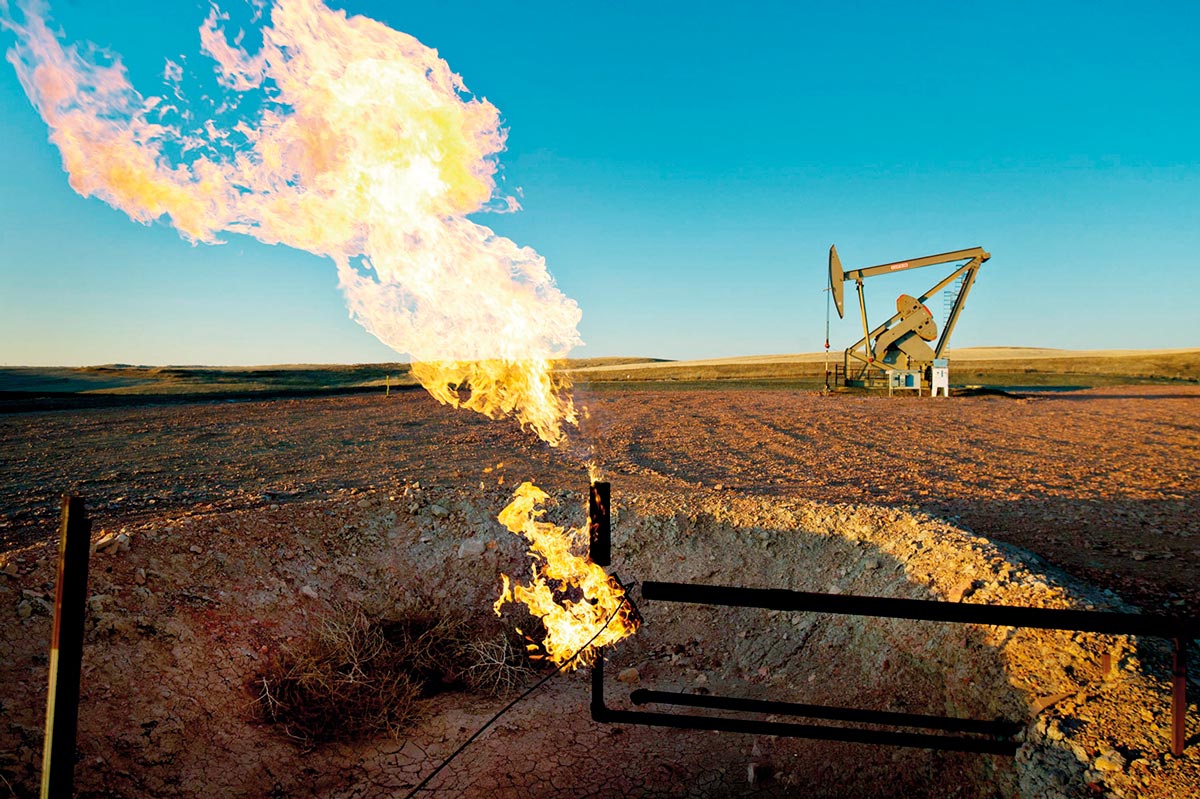The bubble begins to empty
- Unconventional gas exploitation projects through hydraulic fracking or fracking have generated an intense social response in Euskal Herria, and especially in Álava. Proof of this will be the frackanpada to be held from 13 to 19 July in Subijana (Vitoria-Gasteiz). The Subijana meeting will undoubtedly address the environmental damage caused by the techniques that have influenced the issue so much. Where, supposedly, the first two wells in the Basque Country were to be drilled. However, the risk of aquifer contamination, the possibility of earthquakes, the threat of chemical carcinogenic additives, the excessive occupation of the territory... will not be the only issues to be addressed. Inevitably, we also have to talk about energy when we talk about fracking. In the words of Antonio Turiel, interviewed in the last pages of this leather, when analyzing the energy and/or economic performance of the resources that are exploited by hydraulic fracture, it seems incredible “the campaign that is being made for fracking”. More and more amazing, add it. Many had already denounced that fracking is nothing but a bubble. In recent months it has been shown that they were right, on the one hand, and that the bubble has already begun to empty.
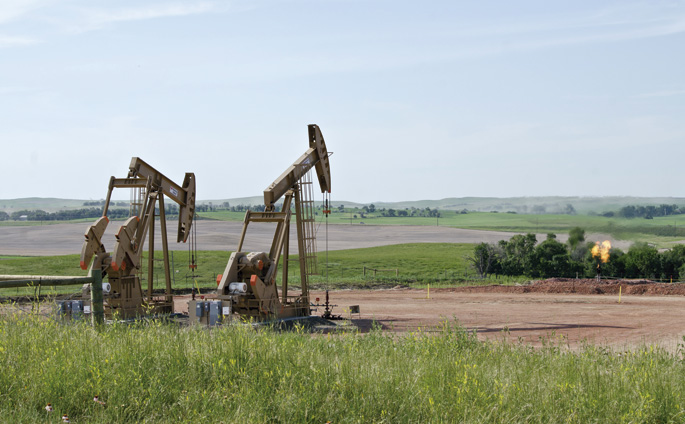
“I think fracking has revolutionized the American economy. It has enabled spectacular growth, reduced energy, allowed them to be competitive ...". Those words of the European Commissioner for Energy and Climate, Miguel Arias Cañete, to the daily newspaper El País are not the result of a sudden occurrence. The former Spanish minister confined himself to repeating the mantra that many others would repeat before him. The wave of data that says otherwise does not seem to have terrified the promoters of this mantra. Arias Cañete made these statements in March. By then, it was already known that several companies with fracking farms have laid off thousands of workers in 2014 and this same year, or have failed directly. Percentage data: The number of drilling machines operating in the United States, both in unconventional and conventional hydrocarbon areas, is in an unstoppable decline. Last April, the number of unemployed fell by 53% compared to the same month of the previous year.
Fracking production is more expensive than conventional means. As a result, the fall in oil prices in 2014, which stood at around USD 65, has had a major impact on the sector. Many analysts have stated that the passion for fracking “returns to normal” with rising prices.
However, the problem is more complex: many companies had problems even when the barrel was 100 dollars. “Within the mainstream there are more and more voices screaming at the four winds that moving forward with fracking is absurd,” says Antonio Turiel.
You could not expect anything else with such an unproductive resource. The flow rate of a fracking well is 200 times lower than that of a conventional well and also drops very quickly: a conventional well of unconventional gas provides 80% of all the gas it will supply in its lifetime during the first year. From there, to compensate for the fall that occurs and to be able to maintain the production figures, more puddles are drilled. It increases investment, but production doesn't. The wheel couldn't last forever, of course.
It is easy to note that the explosion of the fracking bubble has not surprised anyone who has been recognised by the above signal. In fact, they've been more than just signals. The companies involved in the fracking adventure have since 2010 accumulated deficits of billions of dollars. “They prioritized expanding gas reserves (and thus improving stock market capitalization) more than the profitability of the operation,” we can read in the blog The Oil Crash. “We’ve also lost shirts,” complained Rex Tillerson, Exxon Mobile’s top advisor, and not yesterday evening, but in 2012.
Not all resources are reserves.
The amount of gas in the subsoil is not that important. The question is how fast it can be taken. In other words, reserves and resources are not the same, although they are often mixed. The resource is everything there is, the reserve is what can be exploited, and that depends on economic factors. “It basically depends on the Energy Return Rate (EIT) being good,” explains Antonio Turiel. Understanding what ITE is, as well as being easy, is fundamental to understanding why the path of non-conventional hydrocarbons is going to be so short, although many voices, including some public representatives, are still engaged in their defence.
Turiel's following statement clearly explains that not all resources are reserves: “Suppose I have EUR 100 million in the bank, but I can only get EUR 100 a month.” We might add that in addition to having a permission to get a little out, each month we can take a little less than the previous one. We will have to learn to live less and less and fracking will not change that reality.
The following pages explain the key that the wager on this technique, at least from an energetic point of view, is a baseless wager. In many cases, concrete data on the economic bankruptcy of recent months are based on written texts before being known, so some passages may have an anachronistic tone. In any case, they are a good forecast of what is now being stated without a doubt.
Greenpeaceko kideak Dakota Acces oliobidearen aurka protesta egiteagatik auzipetu dituzte eta astelehenean aztertu du salaketa Dakotako auzitegiak. AEBko Greenpeacek gaiaren inguruan jasango duen bigarren epaiketa izango da, lehenengo kasua epaile federal batek bota zuen atzera... [+]
Uztailaren 12an New York Times-ek argitaratu zuen: “AEBetan fracking enpresak kiebra jotzen ari dira, iturrien inguruetan bizi direnei utziz pozoi arriskutsuzko kutsadurak eta herritar guztien bizkar hauek garbitzeko kosteak”. Kronikaren hasieran honako kasu bat... [+]
COVID-19ak eragindako anabasaren zalapartak eta klimaren aldaketak hedabideetan uzten dituen irudi beldurgarri bezain espektakularrek estalita, gutxi hitz egiten da petrolioaren krisiaz, tartean fracking-aren gainbeheraz. Bestela esanda, herritarrak ari daitezkeela eztabaidan... [+]







